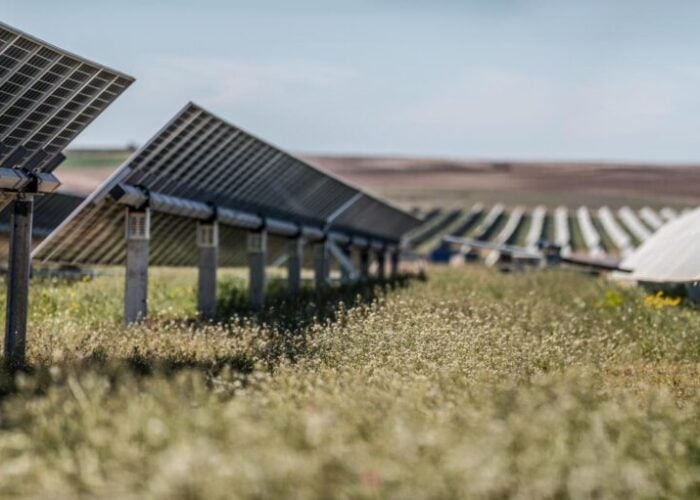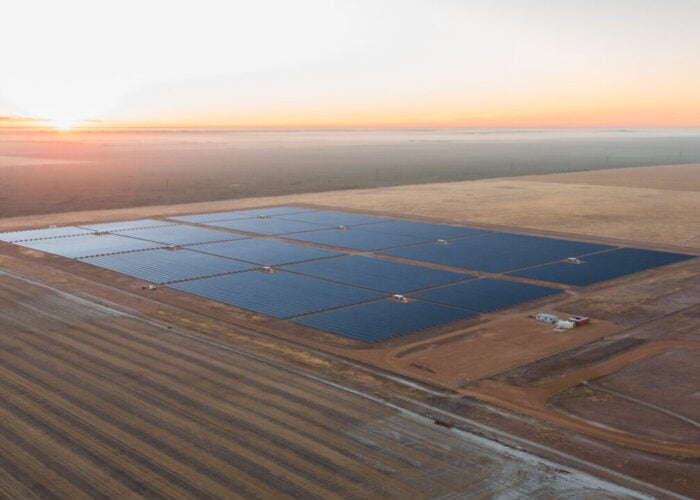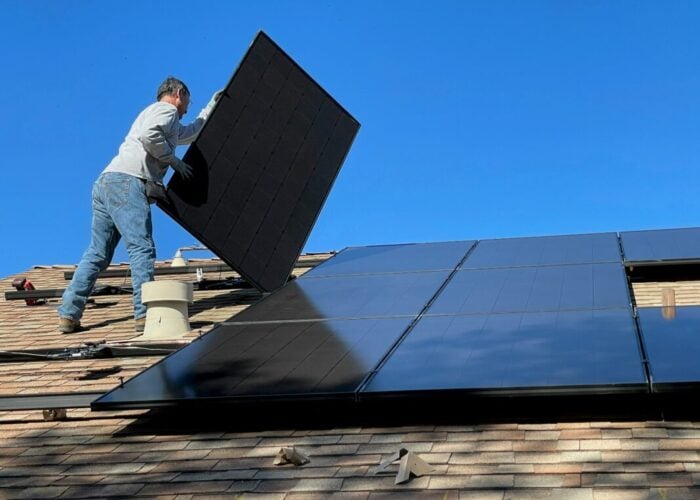
The Spanish Congress of Deputies has toppled the royal decree-law aimed at reforming the grid after the 28 April blackout, which affected the Iberian Peninsula.
With a vote of 183 against and only 165 in favour, the grid reforms – which included solar PV and wind – were aimed to reinforce the Spanish grid with several measures, approved through a royal decree-law, two months after the incident.
Try Premium for just $1
- Full premium access for the first month at only $1
- Converts to an annual rate after 30 days unless cancelled
- Cancel anytime during the trial period
Premium Benefits
- Expert industry analysis and interviews
- Digital access to PV Tech Power journal
- Exclusive event discounts
Or get the full Premium subscription right away
Or continue reading this article for free
The reform aimed to improve the grid and avoid a repeat of the events of 28 April 2025, when Spain and Portugal went more than half a day without electricity due to the blackout.
Among the provisions that were approved in the decree law was the reform of ‘Operating Procedure 7.4’, which aimed to allow renewables such as solar PV and wind to participate in voltage control. The energy storage industry would have also benefited from that reform, as it aimed to accelerate the co-location of energy storage with other technologies with a faster permitting process.
Moreover, it would have also given a boost to self-consumption as the Spanish government aimed to increase the maximum distance between generation and consumption to 5km for facilities under 5MW.
Regretful outcome
Spanish solar trade association Spanish Photovoltaic Union (UNEF) regretted the outcome of the vote. “As a country, we cannot allow this regulation update to go unchallenged. It is essential for the industrialisation, energy independence, and the competitiveness of our industry,” said José Donoso, general director at UNEF.
Donoso added: “It is urgent to resume the debate among parliamentary groups and implement a regulatory solution that updates the electrical system. Not only is the security of supply and the stability of the electricity grid at stake, but also the country’s seizing of a historic opportunity.”
The trade association highlighted that the measures approved by the government last month enjoyed a broad consensus in the energy and industrial sectors, as well as among environmental and citizen associations.
Similar reaction from the Spanish renewables trade association Asociación de Empresas de Energías Renovables (APPA Renovables), which warned of the risk of increased negative prices.
“Without boosting demand or storage, nor making the entry of renewable energy more flexible in the future, the hours at zero and negative prices in the wholesale electricity market will increase – when part of renewable generation is wasted – putting the profitability and continuity of already operational projects at risk.”
Despite the setback for the energy industry of the measures not passing the vote in the Congress of Deputies, the Spanish president, Pedro Sánchez, said he will bring these measures back to Congress and said “I can tell you that it will be approved”.
The next edition of our journal, PV Tech Power, will have a feature on the Iberian blackout occurred on 28 April 2025 and the lessons learned from it, including the measures the Spanish government approved in the royal decree-law.






